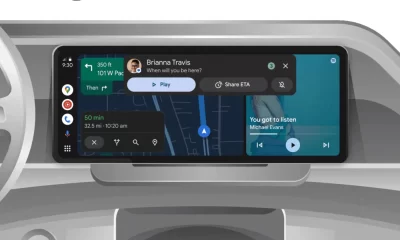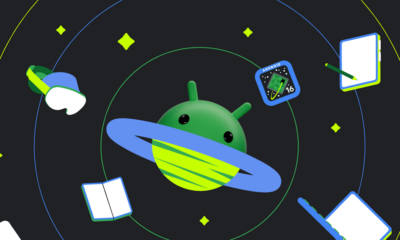Android
Google reorganizes Gemini, Assistant, and Search, adds passport support to Wallet and introduces new security features in Android
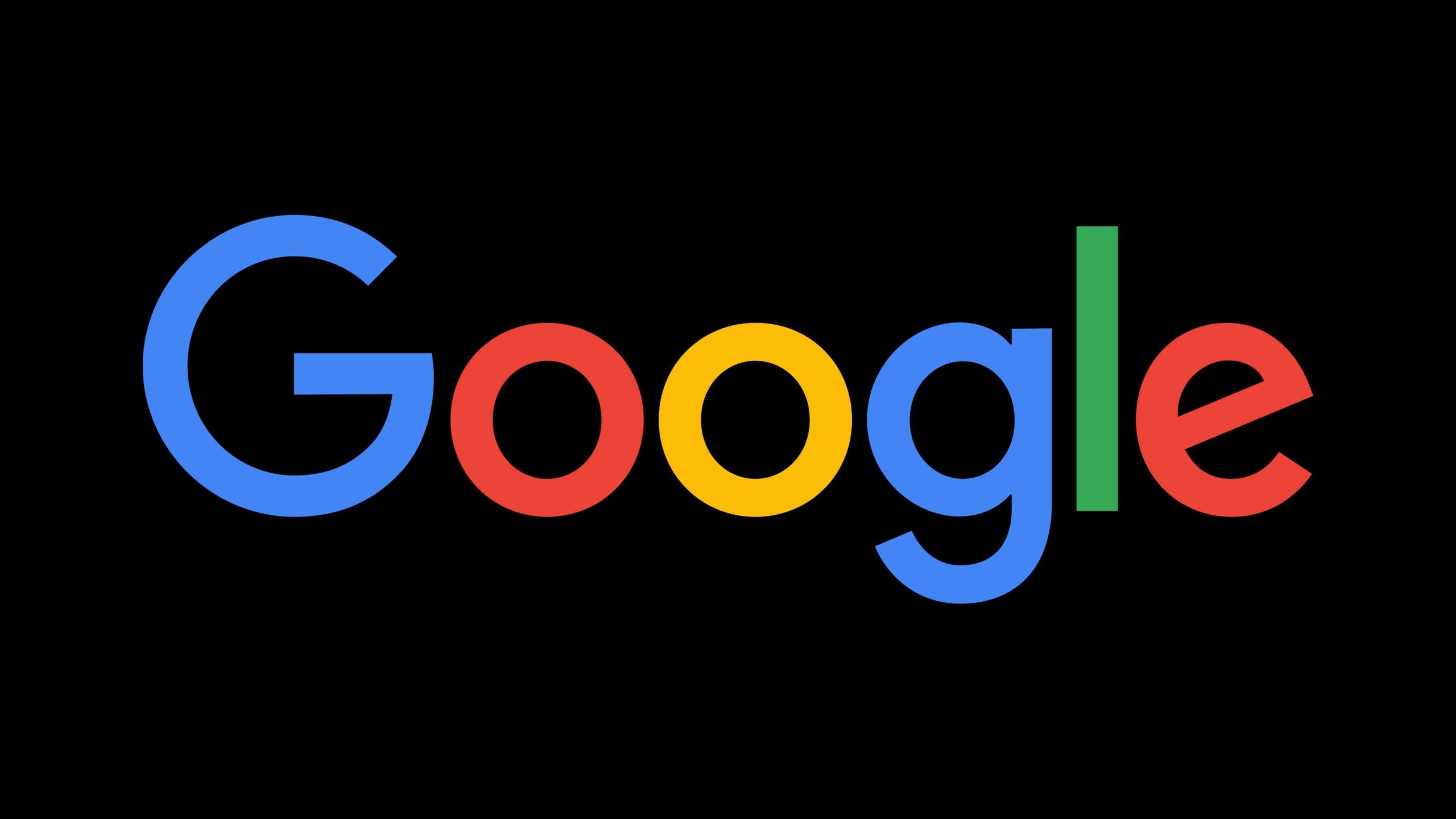
Google has announced a major reorganization across several of its key areas, including Gemini, Assistant, and Search. CEO Sundar Pichai explained the changes in a recent company update, stating that these shifts are aimed at improving efficiency, innovation, and product development, particularly in AI-powered solutions.
Gemini Team Moves to DeepMind
The Gemini app team, previously part of Google’s Knowledge & Information (K&I) division—responsible for Search, Ads, Maps, and Commerce—is now being moved to the Google DeepMind organization. DeepMind is Google’s AI research lab, and this move is intended to enhance collaboration between teams and accelerate the deployment of new AI models.
Pichai noted, “By bringing these teams closer together, we can improve feedback loops, speed up deployment of new models in the Gemini app, and make our post-training efforts more efficient.”
Assistant Now Part of Pixel and Android
Google’s Assistant team, previously linked to the Gemini team, will now be part of the Platforms & Devices division, which oversees Pixel and Android. This realignment allows Assistant developers to work more closely with the hardware and software products they’re supporting, with a stronger focus on enhancing user experience in AI-driven home and device integrations.
This shift brings Google’s AI-powered initiatives, especially in the home automation and device ecosystem, under a unified team, which is expected to streamline efforts and drive better results.
Prabhakar Raghavan Transitions to Chief Technologist
Another significant change involves Prabhakar Raghavan, who has stepped down from his role as Senior Vice President of Search. He will now take on the role of Chief Technologist at Google, where he will partner closely with Sundar Pichai and other Google leaders to provide technical direction and leadership.
Raghavan’s contributions to Google have been vast, spanning across products like Gmail, Drive, Ads, and Search. He played a key role in launching AI-powered features such as Smart Reply and Smart Compose, while also driving AI advancements in Search, including the introduction of AI Overviews and visual search tools like Lens. His transition to Chief Technologist marks a new phase in his career, where he will continue to influence the technical growth of the company.
Nick Fox Takes Over Knowledge & Information Division
Following Raghavan’s move, Nick Fox, a long-time Googler and Senior Vice President, will now lead the Knowledge & Information division. Fox has been instrumental in shaping Google’s AI product strategy, working on initiatives that span Search, Assistant, Ads, and more. He has launched successful consumer products like Google Fi and has led complex projects such as RCS messaging.
Fox’s new role signals Google’s commitment to continuing its innovation in AI-driven products and services, particularly in Search, Ads, and other K&I-related areas.
Google Wallet Testing Digital Passport Feature
In another exciting development, Google Wallet has begun testing a feature that allows users to store digital versions of their U.S. passports. This feature is currently in beta for users enrolled in Google Play services and is available for domestic flights in select U.S. airports.
The process to add a passport to Google Wallet involves scanning the passport’s information page, detecting the embedded security chip using NFC technology, and submitting a brief video to verify the user’s identity. Google will then match the video to the passport photo to confirm the authenticity of the document.
This feature, much like the existing state ID option in Google Wallet, offers users the convenience of securely carrying their identification digitally. If a phone is lost, users can remotely remove the digital passport from their devices.
New Security Features in Android 15
As part of Android’s upcoming updates, Google is introducing a new security feature called “Failed Authentication Lock” as part of its enhanced theft protection suite. This feature will lock down devices after multiple failed login attempts, preventing unauthorized access.
This new layer of security adds to Android’s existing protections, which include Theft Detection Lock, Remote Lock, and Offline Device Lock. These features are part of Google’s continued efforts to strengthen user privacy and security across its ecosystem.
Conclusion
Google’s recent organizational changes reflect its ongoing efforts to streamline AI development, enhance product efficiency, and bolster security. Moving the Gemini app team to DeepMind, refocusing Assistant on device integrations, and adding digital passport functionality to Google Wallet demonstrate the company’s commitment to innovation. With the introduction of new security measures in Android 15, Google continues to prioritize user safety and a seamless experience across its services.
Android
Google updates Gboard emoji kitchen and Android Auto with new features
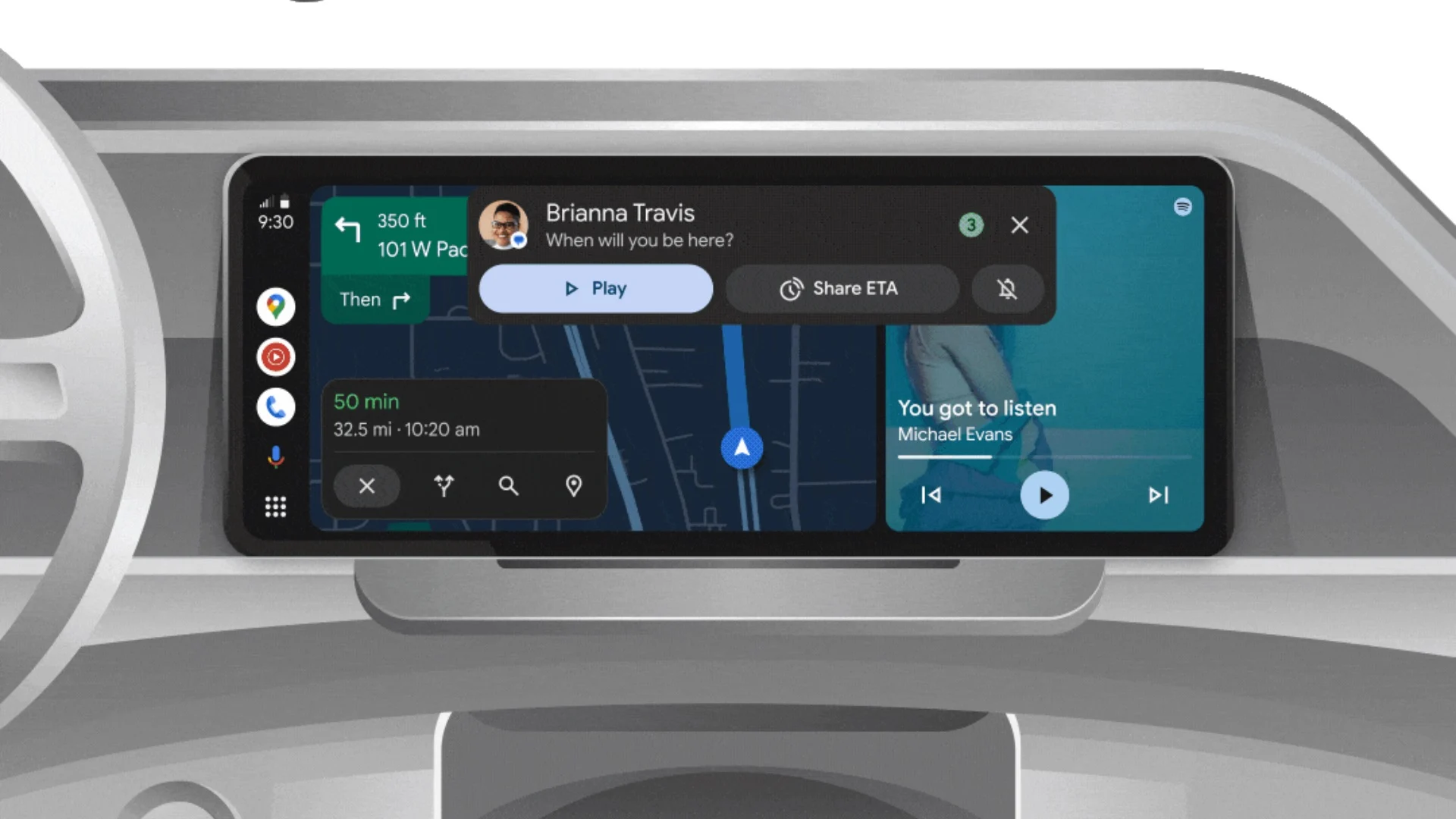
Google is bringing some fresh updates to make Gboard and Android Auto even better.
Starting with Gboard, the Emoji Kitchen now has a new “Browse” section. This makes it easier for users to find different emoji sticker combos. You can tap on any emoji and instantly see all the creative mixes available. Plus, there’s a search bar to help you look for specific stickers. This new feature is rolling out first to Pixel devices, with other Android phones expected to get it in the coming months.
On the other hand, Android Auto is now getting the 14.3 beta update. Although there are no big changes yet, this version mainly focuses on fixing bugs and improving performance. Testers have noticed slight speed improvements, but no new features have been spotted so far. Google might be preparing for bigger changes in future updates.
Both these updates show that Google is working hard to make its apps smoother and easier to use. Gboard’s new browsing tool will make messaging more fun, while Android Auto’s small fixes are important for a better driving experience.
If you have a Pixel phone or are part of the Android Auto beta program, you might already see these updates. Otherwise, they should be available to more users soon.
Android
Android’s Find My Device speeds up with UWB coming soon
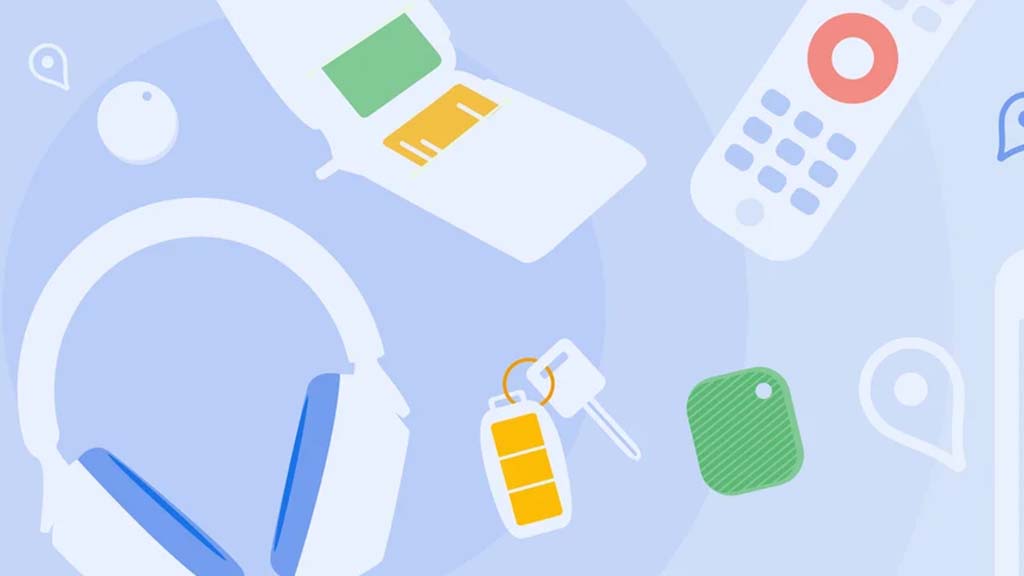
Google’s Find My Device network for Android has gotten a big boost, making it much quicker to locate misplaced items. Recent checks show it’s now four times faster than it used to be, keeping up with Apple’s AirTags in crowded spots like malls or events. For instance, at CES 2025, a tracker tucked in a bag updated its location just as fast as an AirTag nearby. This speed-up is thanks to more Android users turning on tracking for all locations, not only busy areas, which helps the system spot items more reliably.
In less crowded places, the network can still have trouble since fewer Android phones are nearby to share location signals. But Google’s working on this by nudging users through app alerts to enable tracking in quieter spots. Plus, recent updates to tracker software and apps have made connections more stable and accurate.
Looking ahead, Google’s gearing up to roll out ultra-wideband (UWB) technology. This will let you find items with pinpoint accuracy, even within a room, using cool augmented reality (AR) visuals, much like Apple’s setup. The Moto Tag, a tracker ready for UWB, is already available, just waiting for Google to activate this feature. Not all Android phones support UWB yet, but future models like the Pixel 10 might include it. These changes prove Google’s determined to make its Find My Device network a top choice for tracking lost stuff.
Android
Android 16 boosts USB data safety and fixes delayed notifications on Pixel phones
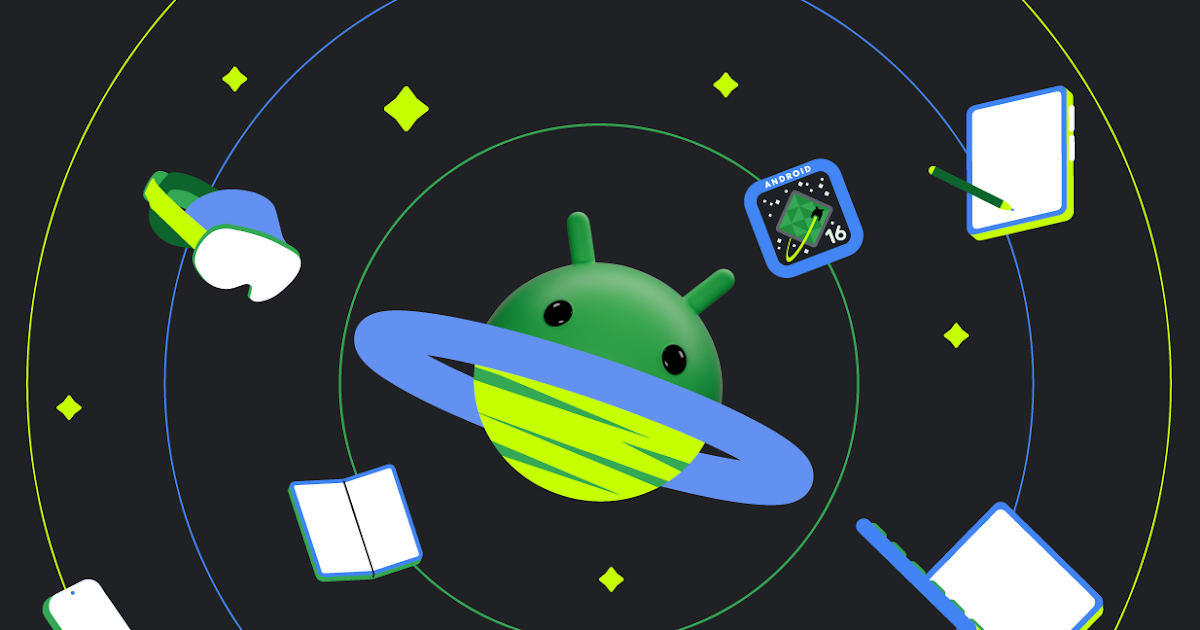
Google’s upcoming Android 16 update is bringing better security and some helpful improvements, especially for Pixel phone users. One of the main features in Android 16 is a new way to protect your phone’s data when it’s connected to a computer through USB. Right now, when you plug your phone into a PC or laptop, it can access all your data as long as you approve it.
With Android 16, Google is adding an extra security layer that only allows limited access unless you enter your PIN, password, or use your fingerprint. This will help protect your files if someone tries to access your phone without permission.
At the same time, Google is also working on a fix for a frustrating issue that some Pixel users have been facing for months — delayed notifications. After the April 2024 update, many users noticed that app alerts were not showing up on time, especially from messaging apps. Google has confirmed the problem and says a fix will be included in a future update, though it’s not in the current April patch yet.
Together, these changes show that Google is focusing on both stronger privacy and a smoother experience for Android and Pixel users. Android 16 is expected to roll out later this year, starting with developer previews.
-
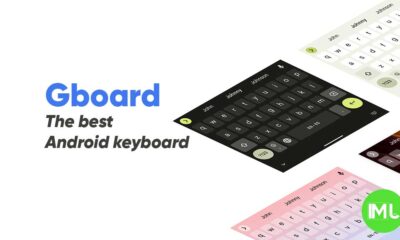
 Apps1 year ago
Apps1 year agoGboard Proofread feature will support selected text
-

 News1 year ago
News1 year agoSamsung USA crafting One UI 6.1.1
-

 News1 year ago
News1 year agoBreaking: Samsung Galaxy S22 may get Galaxy AI features
-
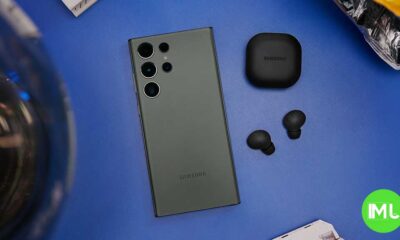
 News1 year ago
News1 year agoSamsung Galaxy S23 Ultra with One UI 6.1 and all S24 AI features revealed
-

 News1 year ago
News1 year agoOne UI 6.1 Auracast (Bluetooth LE Audio) feature coming to many Samsung phones
-

 News1 year ago
News1 year agoSatellite SOS feature coming to Google Pixel phones, evidence leaked
-
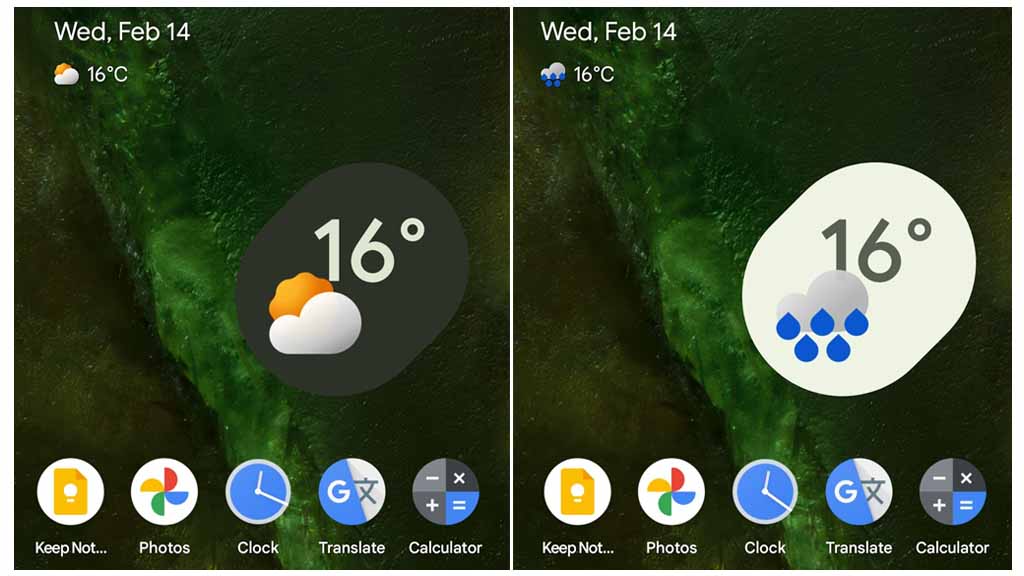
 Apps11 months ago
Apps11 months agoGoogle’s fancy new Weather app is finally available for more Android phones
-
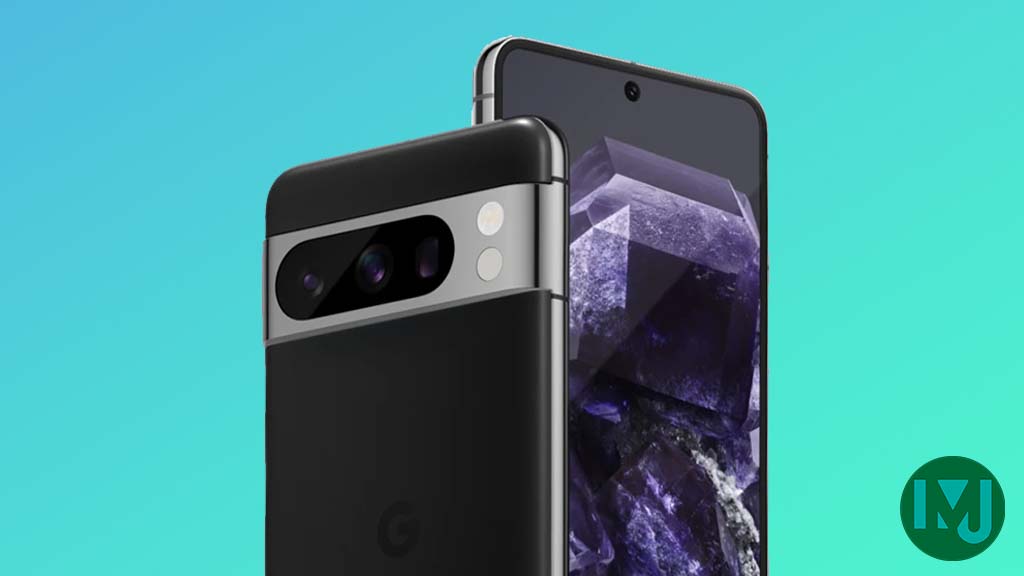
 News1 year ago
News1 year agoGoogle Pixel evolves as Europe’s third best selling flagship

